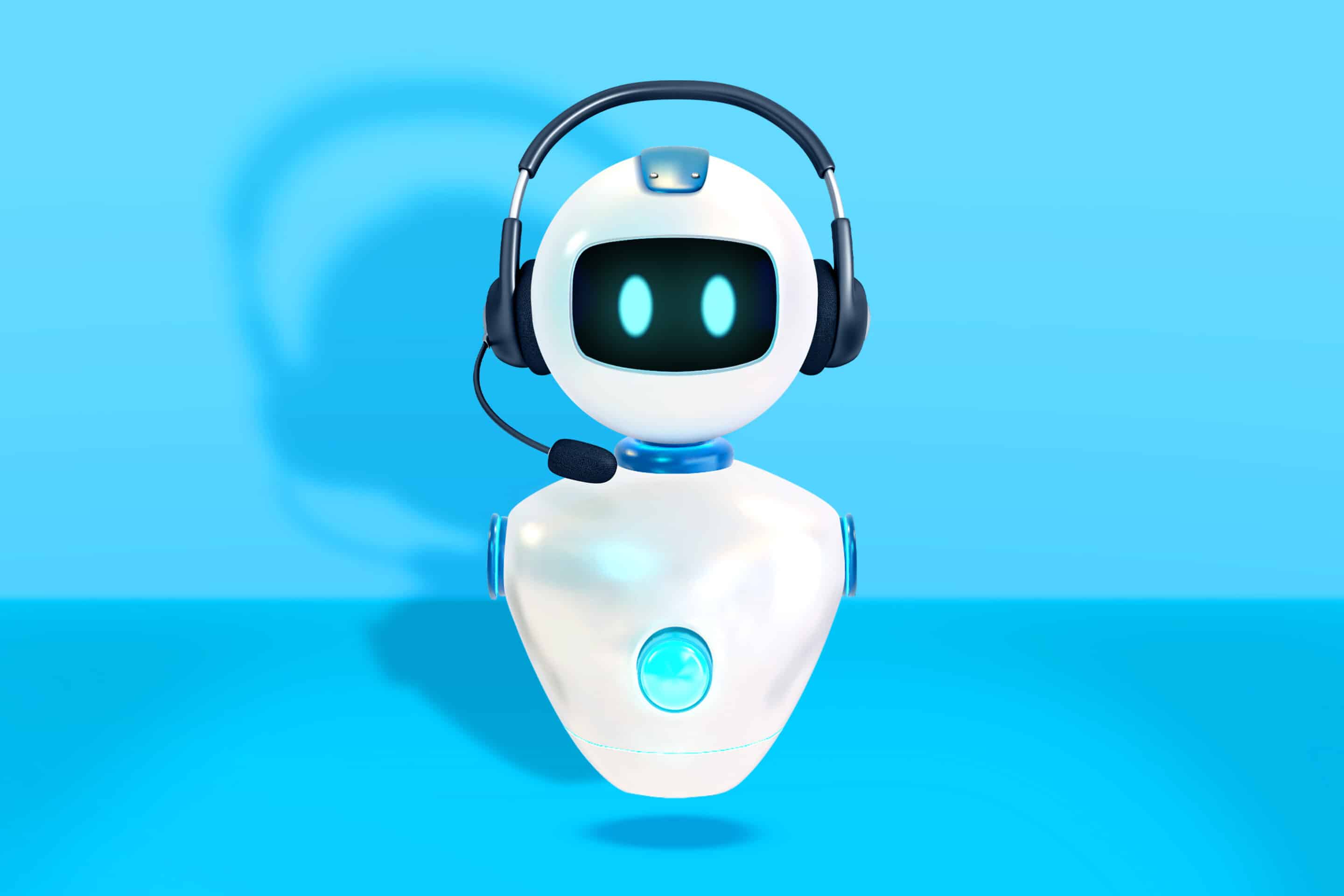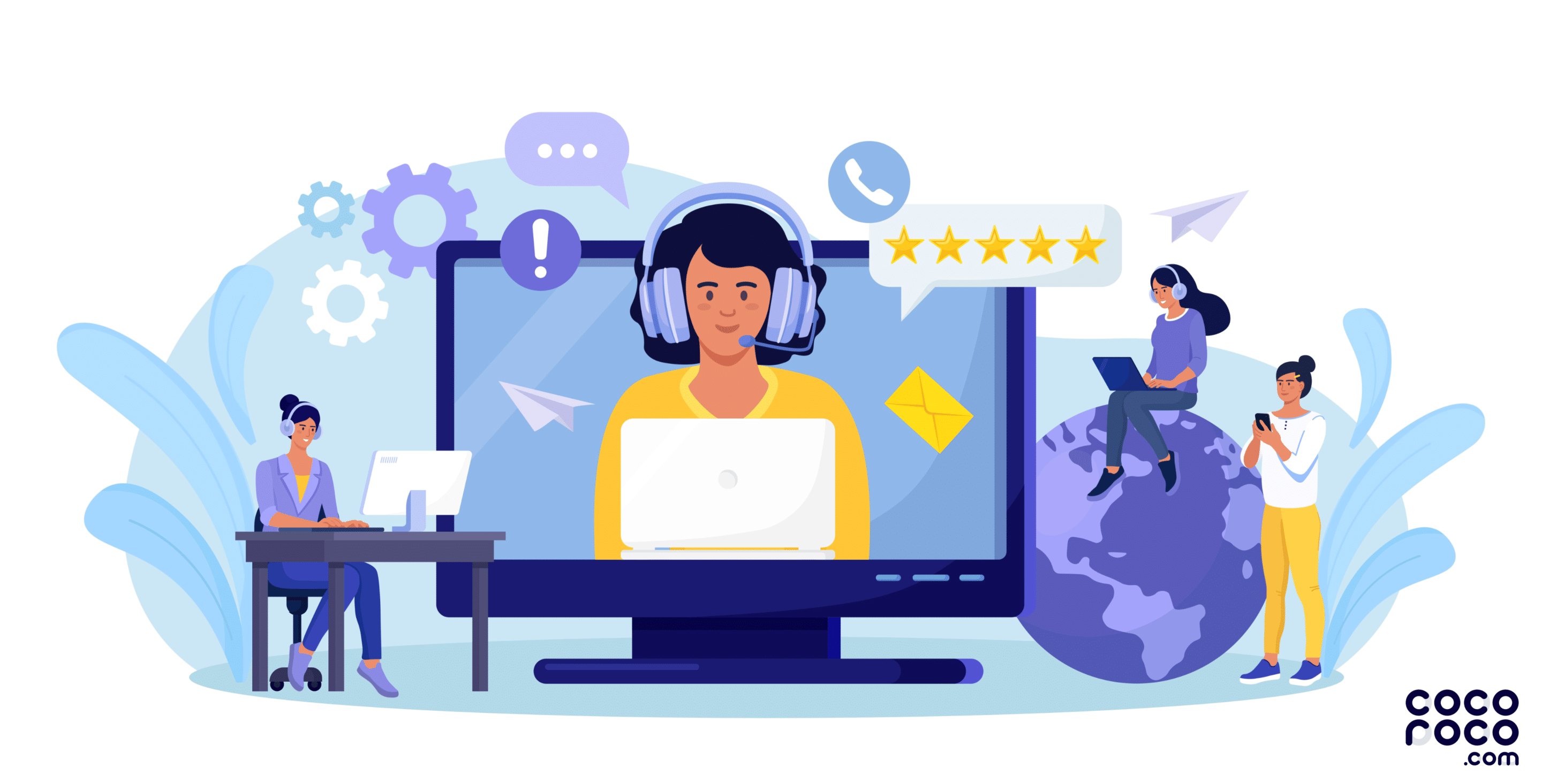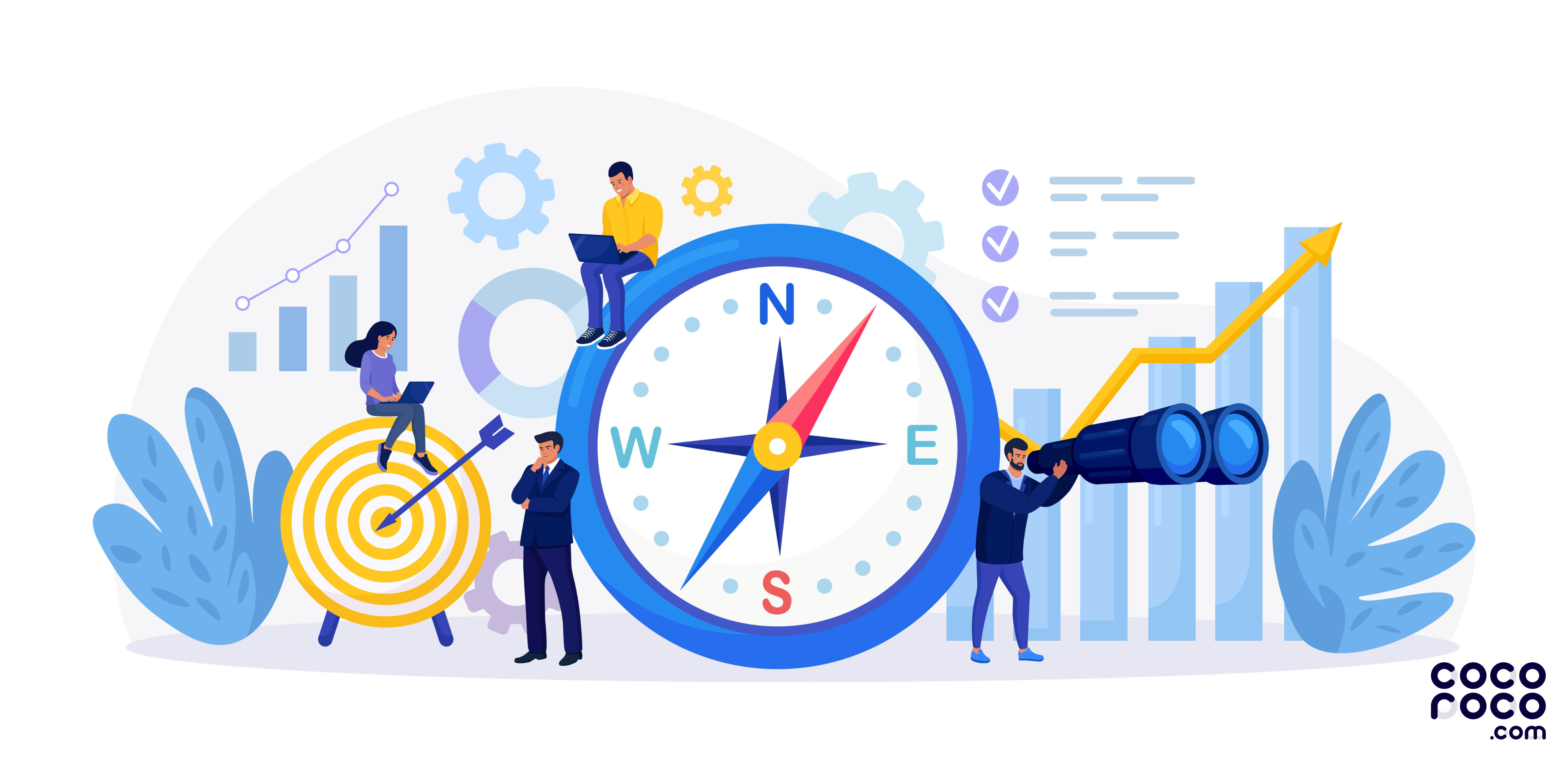We’re in an era of speed, from instant messaging and same-day deliveries to online booking. But, unfortunately, everything that isn’t available right now is too late for many of us—and customers are no exception.
Modern-day consumers are inclined to look for resolutions on their own. They want instant responses and quick solutions. If the alternative is to wait 15 minutes for a reply, 62% of consumers would rather have a chatbot resolve their issue than wait for a human agent, per Tidio.
As a result, self-help options continue to multiply in customer service, and many businesses are using chatbots to cater to online customers. Accordingly, the chatbot market is expanding so rapidly that Fortune Business Insights reports its market share will grow to $721 million by the end of 2022.
But is this scale of automation beneficial to customers and the service industry? And just how can chatbots improve customer service?
For one, chatbots free up time for service teams to focus on more pressing matters that bots can’t fix, such as security issues and complex cases that require nuanced handling. And their usefulness doesn’t stop there.
Let’s take a closer look at chatbots and what they can do.
What are chatbots and how do they work?
On the surface, chatbots are artificial intelligence (AI) powered programs that simulate conversations with people. At a deeper level, chatbots are programs that sift through vast data streams and deliver lightning-fast results. They help humans and computers talk with each other.
Some chatbots use automated responses to do so. Others use machine learning and natural language processing (NLP), which also helps them evolve. The longer service chatbots are active, the better they can mimic human speech patterns.
But if AI chatbots are programmed to learn from humans, sound like humans, and talk to humans, why not just have a human instead of a chatbot?
How can chatbots improve customer service in ways humans can’t?

Chatbots possess one vital characteristic that no human agent ever will: they’re inexhaustible. A single chatbot can handle a potentially infinite number of customers simultaneously—without breaking for lunch.
There are several other reasons why chatbots are perfect for customer service, such as:
- They’re great for speedy resolutions. Chatbots respond within nanoseconds, almost instantaneous compared to how long the average human takes to reply to customers.
- Their high-processing ability also saves human effort. Chatbots can search multiple knowledge databases at lightning speed for correct information.
- Finally, chatbots don’t suffer from boredom or demotivation when providing standard answers repeatedly, making them ideal for handling repetitive or routine queries best suited to robots.
The top 4 types of customer service chatbots
While chatbots have infiltrated almost every aspect of customer service, they’re all different. Many perform diverse functions. Here are the four primary types of chatbots that benefit customer service:
🦾 Support bots
Support bots are the most popular customer-facing chatbots, usually active on your website or official service page. They’re powered by AI and can provide instant answers to resolve customer queries. They also help customers help themselves through DIY guidance.
🤖 Social media bots
If your business has a social media presence such as on Twitter, Instagram, etc., you should also be responsive to customer interactions there. Social media chatbots can populate your socials like Facebook Messenger or other apps to automatically engage with your customer base in real time.
👤 Agent-assist bots
Unlike customer-facing bots, agent-assist chatbots are primarily used in-house and at the backend of your customer service operation. They can help agents train, onboard, and source information from internal knowledge libraries.
👩🏻💻 RPA bots
Robotic processing automation (RPA) bots are also a part of your service’s backend functions. These programs run in the background and perform specific tasks centred around workflows or agent assistance, saving human labour and time.
What businesses are using chatbots for

Chatbots are already very popular amongst small businesses, startups and scaleups, while 71-80% of medium-to-large companies plan to add them on top of their existing solutions.
And although chatbots are prevalent across B2C business functions—such as customer support—a recent Relay study found that 58% of companies using chatbots were, in fact, B2B providers.
Messaging remains the primary use for chatbots, but they’re also expanding into other areas of business growth like sales, marketing, and workforce operations.
The advantages of chatbots in customer service
Introducing a sophisticated chatbot into your service deliverables can boost the quality of your customer experience (CX) and benefit your business.
For one thing, chatbots don’t have a turnover rate, which saves you from costly periodic attrition cycles. They can also improve your sales funnel by providing consistent information to customers. Furthermore, conversational AI lets chatbots drive interactive customer engagement while gathering critical user data.
Other advantages of chatbots in customer service include the following:
✔️ Fast response times
Chatbots are programmed to respond instantly, so your customers won’t need to wait for a service representative to be free. Long wait times are increasingly associated with poor CX metrics, while quick response times directly boost customer satisfaction (CSAT) rates.
✔️ 24/7 availability
Unlike human reps, chatbots are active outside of business hours too. They don’t sleep, rest, go on holiday, or burn out, making them an ideal choice for boosting customer loyalty through 24/7 support and service efficiency.
✔️ Automated messages
With chatbots, you can create precise messaging for your customers. They’re great at delivering consistent and accurate information in your brand’s tone of voice, as they eliminate the margin of error that comes with human service reps.
✔️ Cost efficiency
Chatbots are great for reducing operational costs as a single chatbot can service infinite customers simultaneously, unlike a solitary human agent. After all, chatbots don’t need wages.
✔️ Transfer to live agents

If the chatbot detects issues outside its support capacity, it can redirect customers to the correct department or skilled agents for support.
✔️ Lead generation
By driving interactive user engagement and asking simple questions, chatbots can gather and store customer feedback and other qualitative data that you can use for targeted sales and marketing drives.
✔️ Forwarding to knowledge bases
Chatbots programmed with sentiment analysis and NLP can decode customers’ needs to directly guide them towards relevant FAQs, troubleshooting information, or self-service options.
✔️ Personalisation
Personalised service is an essential aspect of any customer journey. Chatbots can accurately store and recall user information to personalise their experience during an interaction. Conversational AI can also provide chatbots with personality and human characteristics, creating a more memorable customer experience.
✔️ Appeal to younger generations
As Gen Z and millennials are more comfortable with messaging and chat solutions, you can increase retention and nurture a broader customer base by using bots to handle queries over live chat, WhatsApp, social media, etc.
The challenges of using chatbots
Chatbots are great for business efficiency and costs. However, they have a few drawbacks worth noting so you can plan how to use them best.
❌ Nuanced communication

Decoding human context and tone is still a complex struggle for chatbots. Even with sentiment analysis, any AI would need help keeping up with the changing context of a natural human conversation.
❌ Other languages
Currently, multilingual chatbot software is far from the sophistication of multilingual human support, making chatbots a less-than-optimum choice for non-English speaking customers.
❌ Development costs
While there are several chatbot services and brands to choose from, none are out-of-the-box ready for your business needs. As a result, you’ll have to set up your own chatbot solutions. These require a fair amount of time, experience, and learning from mistakes, which can make for a costly implementation period of expenses and resources.
However, while these challenges might make things more difficult initially, the benefits and future development of chatbots outweigh their challenges. Though chatbots may cost a lot to develop with language, sophistication, and implementation obstacles, the resulting savings, once correctly programmed, will make up for it.
Are chatbots the right choice for you?
The critical question is, how can chatbots improve customer service and meet your business needs?
Chatbots are a fantastic choice for providing customer support. Emplifi’s five-year study showed that 88% of brands saw a reduction in call volume after adopting a chatbot. 75% additionally saw an improvement in cost savings.
Additionally, chatbots are invaluable for improving overall CX, which is the key differentiator for your brand’s success in a competitive market. Per the same study, brands that were CX leaders grew revenues 14% more than brands with below-average CX scores.
If you see the correlation between chatbots, reduced costs, smoother workflows, and increased efficiency, the answer is self-evident. Today, chatbots, customer satisfaction, and business growth are closely tied together.
The value of human support

Chatbots are brilliant labour-saving devices meant to help humans, help humans. They are not—and never will be—a replacement for human support.
Customers with complex queries, frazzled nerves, or those requiring language-specialised service will always appreciate human assistance, making the value of a live support team paramount to customer service.
Are you interested in exploring how high-quality talent can transform your service on top of the chatbot revolution?
Our platform has thousands of qualified agents ready to start working for you remotely right away—and they’re language specialists too.
To learn more about how to boost your CX with remote customer support, book a free demo with us to see what you can gain from Cocoroco.










